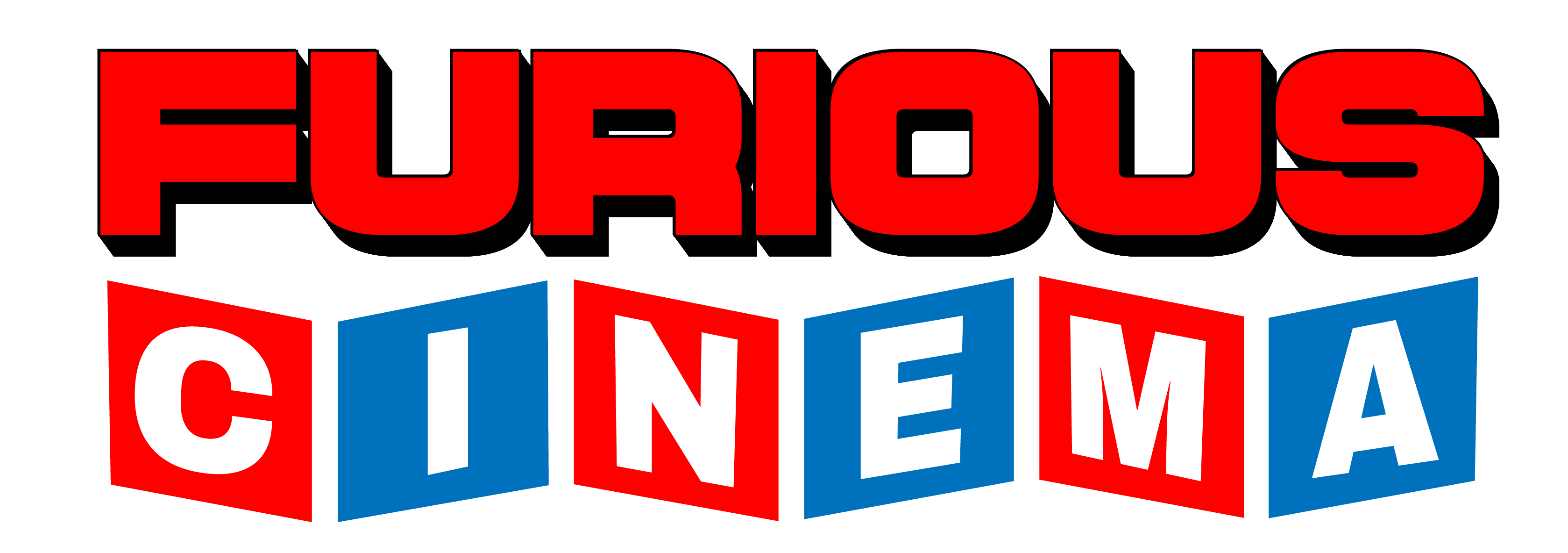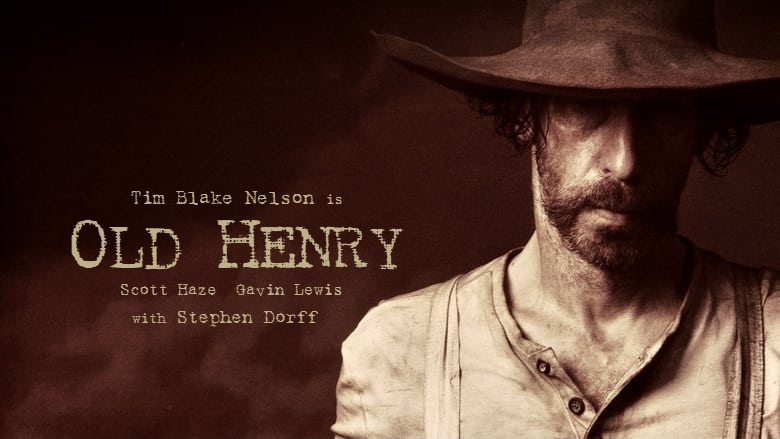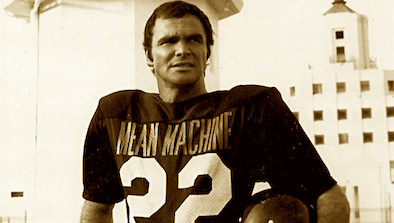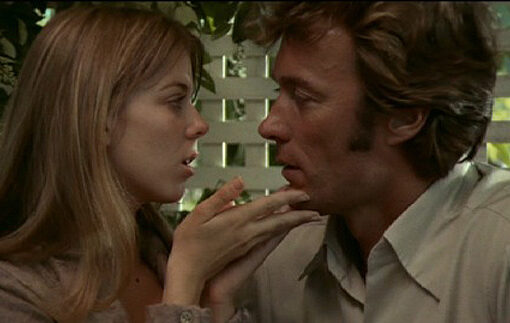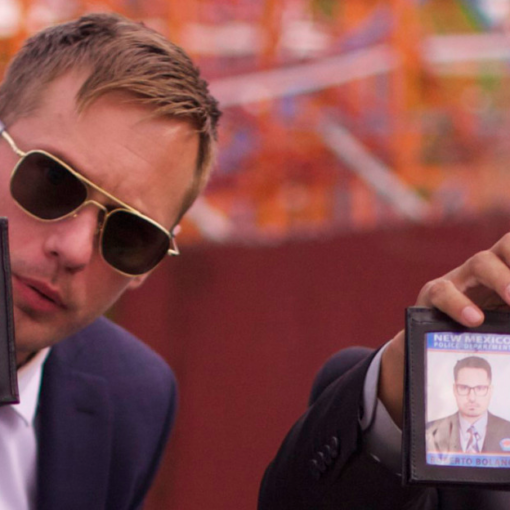With a 94% positive rating by critics and a 91% positive audience rating, Old Henry must be one of the most critically acclaimed and popular western movies in recent memory. Is it really that good?
At first sight it tells a rather familiar western story of a widower and a father with some dark secrets who desires to live a peaceful life. Early on in the movie we notice that he’s in possession of a collection of fire-arms that he carefully hides from his son Wyatt. He refuses to give the boy shooting lessons and gets angry when he discovers that Wyatt found one of the guns and practiced with it on their property. We know that sooner or later the old man will be forced to pick up his guns and become, once again, the man he used to be (but metaphorically buried years ago) – and that’s exactly what happens. But nevertheless the movie manages to surprise us.
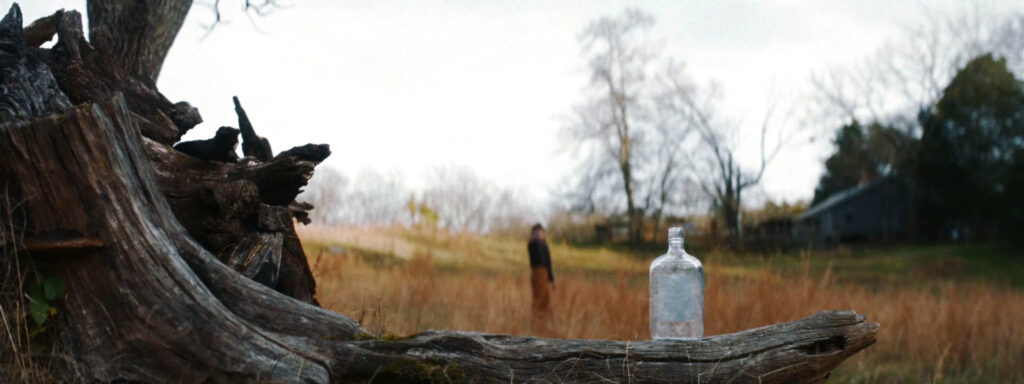
The quintessential story of the man with a violent past who is forced to face his inner demons, is of course Shane (1953, George Stevens), but in Old Henry this familiar western trope is mixed with some far more darker ideas from more recent westerns, notably Clint Eastwood’s Unforgiven (1992). Eastwood’s character in that movie, William Munny, expresses the idea that it’s a hellova thing killing a man. Old Henry clarifies in a conversation with his son that practicing with a gun is one thing, but aiming a gun at a human being is crossing another line.
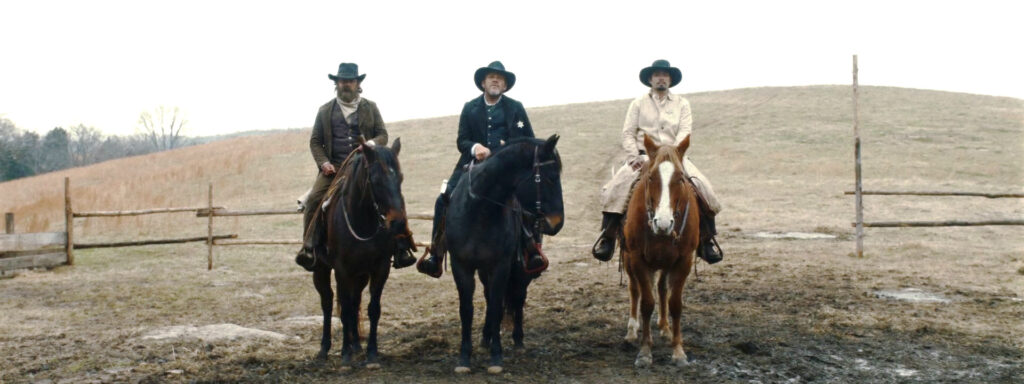
In appearance Henry is also closer to William Munny: Shane, as played by Alan Ladd, was all goldilocks and knowing smiles, a gunslinger in the prime of his life, Henry is an old man with a weathered face and unkempt hair who’s wearing suspenders. His quiet life as a farmer is turned upside down when he hesitantly offers shelter to an injured man called Curry, who is in possession of a large sum of money. We have learned, in the opening scene, that three men and their leader, a man called Ketchum, are looking for him. Both Curry and his persecutors pose as lawmen and it’s up to old Henry to decide who is trustworthy and who is not.

What elevates Old Henry is the complexity of the characters and their interactions: Why is Old Henry so protective towards his son? Why doesn’t he want him to learn how to use a gun? What exactly happened to him when he was a young man himself? And why do both Curry and Ketchum have the idea that they’ve met this old Man before? In spite of a length of a mere 90 minutes, Old Henry is a slow burner: some viewers – especially younger ones, familiar with the fast and furious style of modern cinema – may find it too slow, but it meticulously works towards a revelation that is well-prepared, but nevertheless so surprising that it will leave most viewers flabbergasted.
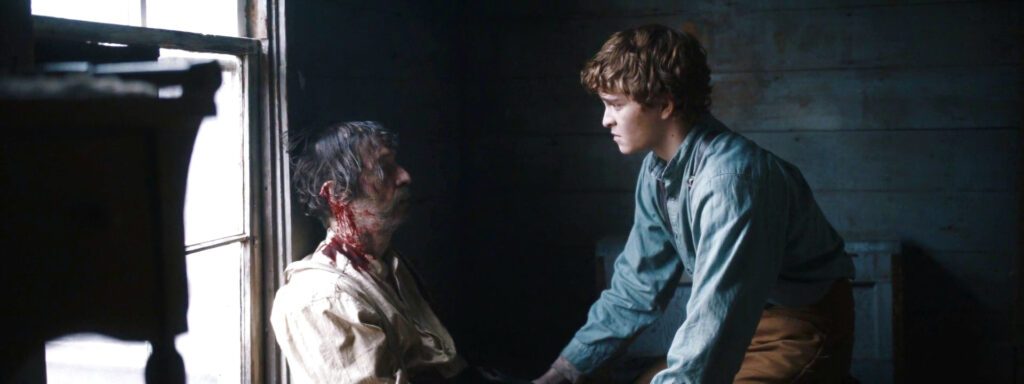
Old Henry is a remarkably assured work of art if you know that it’s only the second feature length movie of this director; the script (also written by Ponciroli) is subtle and clever – the crucial revelation (that might cause a few eye-rolls) is immediately followed by the film’s final showdown – a well-staged and crisply edited (and pretty violent) action sequence – so you won’t have too much time to think about it. Performances are uniformly strong, but there’s no denying that the film belongs to Tim Blake Nelson. He is one of those actors who can really become a character: with his greasy hair, scruffy face, sloppy shirt, shabby trousers and suspenders he simply is this old man Henry – and for this reason we are also willing to believe that he is the person that the script wants us to believe he is.
And yes, the film is that good.
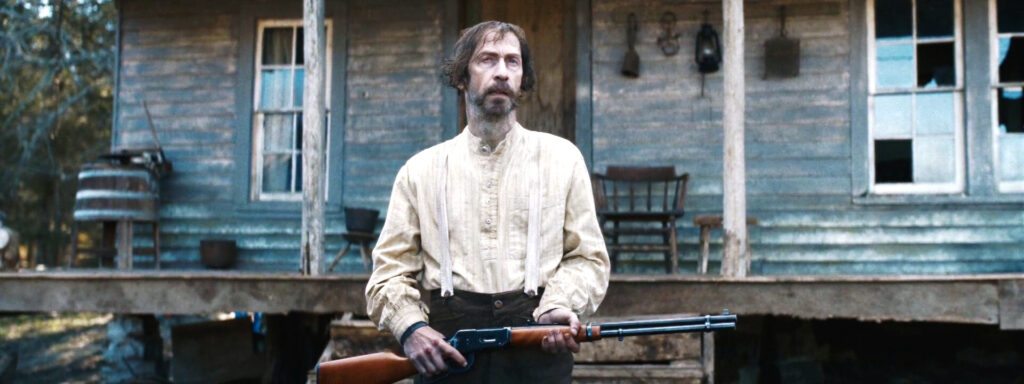
Buy now: From Amazon.com | From Amazon.co.uk | From Amazon.nl | From Amazon.de | From Amazon.fr
Old Henry (2021 – Dir: Potsy Ponciroli – Cast: Tim Blake Nelson (Old Henry), Stephen Dorff (Ketchum), Scott Haze (Curry), Gavin Lewis (Wyatt), Trace Adkins (Al), Max Arciniega, Richard Speight Jr. – Screenplay: Potsy Ponciroli)
